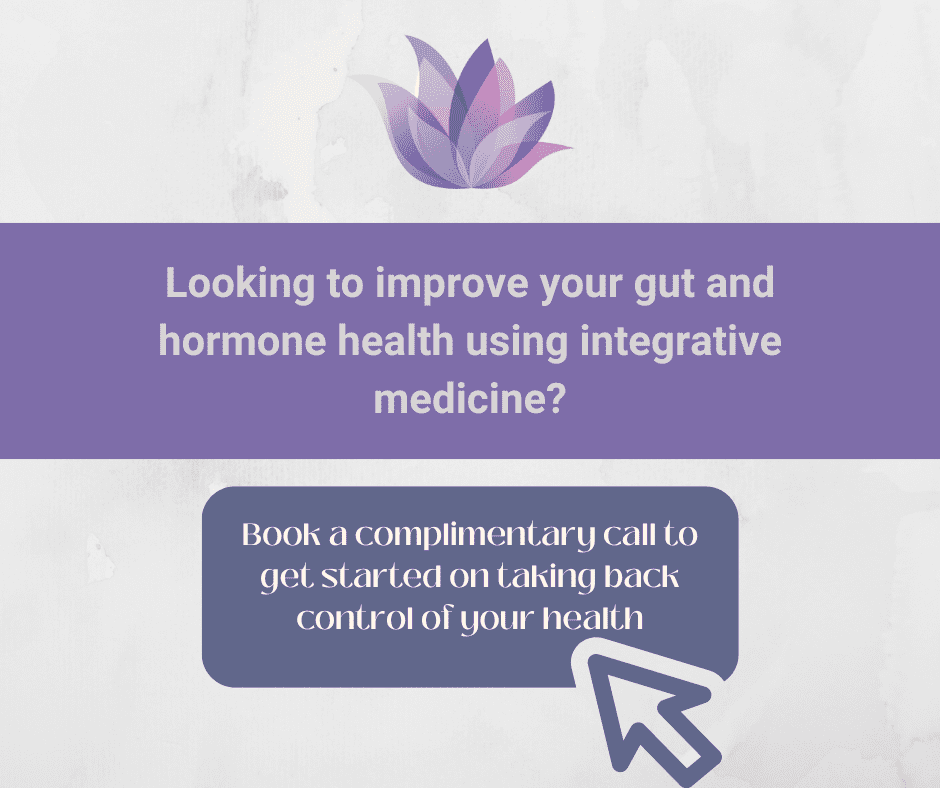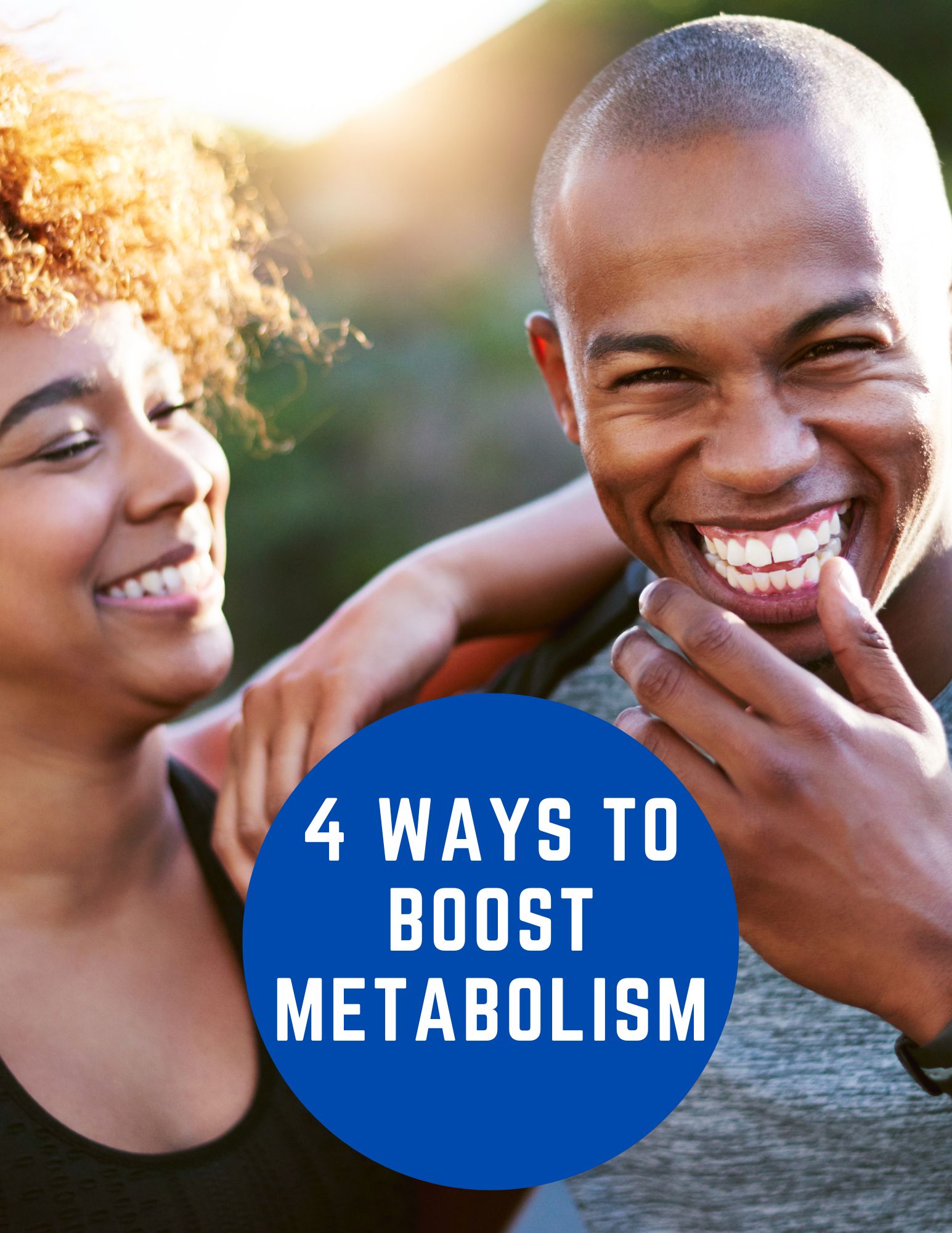Have you tried everything but still struggle to lose weight? Losing weight is more than just exercising more and eating less. It is about creating a sustainable healthy lifestyle.
Most women who diet ultimately gain the weight back. And then get discouraged and feel frustrated. Calorie counting and fad diets only encourage short-term weight loss but not long-term success with a healthy weight. So, ditch the diet, and focus instead on creating a healthy lifestyle.
Let’s address the common reasons women do not lose weight and steps you can take to address them.
Reason #1
Everybody has a set point it wants to be at. This setpoint is genetically determined but can be affected by outside factors. It is a natural range for our specific body. Therefore, using a specific number is not helpful because it is based upon a particular woman’s body. Not every shape is the same, thank goodness!
If you try to force your body to be below its natural set point, it may increase the range to protect itself. Unfortunately, this can lead to a higher weight long term.
Reason #2
Dieting can slow your metabolism further. Have you had friends who lost a ton of weight and then tried to lose even more weight after a break, but it was not as easy? This yo-yo dieting approach hinders their metabolism long term. Each diet attempt makes the changes the set point of the body and it goes into survival mode due to the constant “famine.” Yo-yo dieting is independently associated with long term chronic illnesses. The Framingham study looked at weight cycling and death rates. Men and women who weight cycle had twice the rate of death regardless of the size they were.
So DITCH THE DIET!
Try these 7 simple steps to getting to a healthy weight.
CLEAN EATING
This is the approach to your daily nutrition. It is not a diet but an approach to eating. Clean eating is based upon three principles. Cut out refined sugars, consume whole foods, and build a balanced plate. For details on a clean eating approach, check out this post. My favorite source for clean eating recipes is Clean Food Crush.
GET ADEQUATE SLEEP
The body requires 6-8 hours nightly. This sleep needs to be of good quality, so you need to establish a good sleep routine. Most people do not have a good sleep routine. They fall asleep with the TV on and have their phone going off every 4 seconds next to their bed. This disrupts your ability to get REM. Disrupting your sleep can lead to a decrease in leptin levels.
DECREASE STRESS
Cortisol is the enemy of those trying to lose weight. Decreasing stress and thriving in a positive environment will decrease your cortisol levels and your hormones will work for you.
MINDSET
I truly believe that you will not lose weight unless you are all in. You must be dedicated to the journey and give yourself grace when you mess up. This is where strong relationships will get you through. A supportive partner, friend, health coach, even an app can be motivating to keep going. I often tell patients that if they eat poorly don’t just throw the whole day away, start again even the next meal. If not, tomorrow is another day. Don’t give up.
Letting go of expectations in your weight loss journey is equally important. Studies have shown that weight stigma has been linked to negative body image, depression, disordered eating, and emotional distress. There are also higher rates of chronic illness such as diabetes in women with weight stigma.
HYDRATION
You must hydrate every day. You should be drinking half your body weight in water. In other words, if you weigh 160lbs, then drink 80 ounces of water. You will flush out toxins, hydrate your muscles, get glowing skin, and have better digestion.
MOVE YOUR BODY
I swear you can exercise with little effort. It is about moving your body not killing yourself at the gym. Anyone can find 15 minutes a day to just move their body. When your muscles are active, they burn calories at rest and that is the best. Moderate exercise of about 150 minutes a week is recommended. The type of exercise is less important than moving your body a little each day.
INTUITIVE EATING
Intuitive Eating is an evidence-based eating framework that helps understand the difference between physical hunger and emotional hunger. Physical hunger is the biological urge that tells us we need nutrients. Emotional hunger is driven by emotional needs. At every meal, you should say to yourself, am I eating because I am hungry, bored, stressed, or it just seems time. Learning your hunger cues will go a long way in using food as fuel.
Intuitive Eating has been shown to:
- increase your self-esteem
- body image
- pleasure form food
- long term healthy weight
- Has been shown to decrease:
- disordered eating
- binge eating
- insulin resistance
For more on intuitive eating and to take an assessment, check out this resource.
“Don’t eat anything your great-grandmother wouldn’t recognize as food.”
Michael Pollan
American author, journalist, activist, and professor





